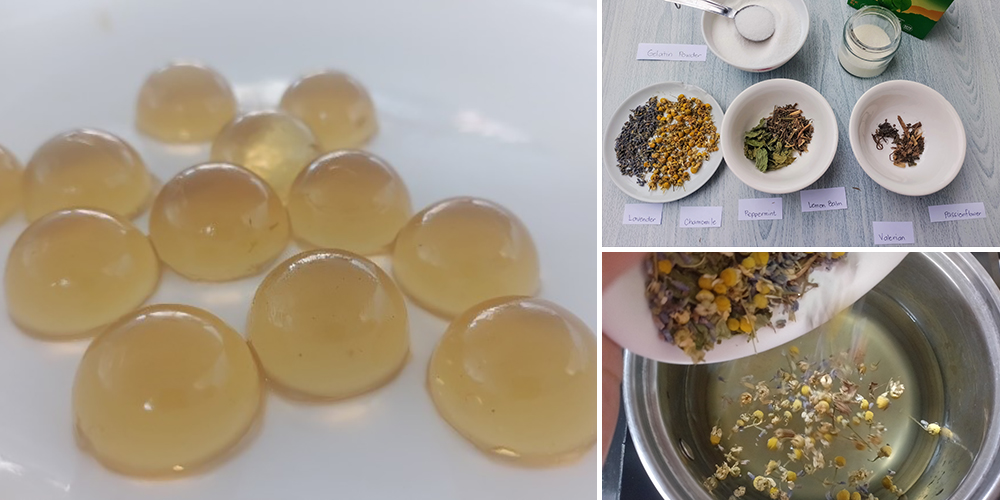
Natural Sedative Jelly in a Jar
Sleep does not come easy to most people, especially those caught in all of life’s stressors. Sleep may elude us at times; but when it occurs very often, we are likely in some sort of trouble. A natural sedative may be required for some people to induce sleep.
Chronic sleeplessness, or insomnia, is the bedrock of many diseases and it is associated with many metabolic conditions. From listlessness and fatigue to hypertension and cardiovascular diseases, lack of sleep can be a major culprit of complications.
What Can Induce Sleep?
Loss of sleep happens for many different reasons. The etiology, according to a 2023 published journal about Sleep Deprivation, is multifactorial. Primary insomnia, depression, anxiety, sleep apnea and chronic pain are a few of the potential causes.
If your brain is not letting you get the much-needed sleep, sedatives can offer substantial assistance. Sedatives are prescription medications such as sleeping pills and minor tranquilizers. These drugs slow down brain activity to relieve insomnia and anxiety.
Drugs like these are not dispensed in pharmacies without a doctor’s prescription. That’s because these medicines are very potent and have an addictive potential. They are harmful when taken inappropriately.
Natural Sedative as an Alternative
The sleep aids that you can get over-the-counter in pharmacies are effective for occasional sleep problems. They do not contain the chemicals that are found in sedatives; only antihistamine or melatonin.
OTC sleep aids still need to be taken with caution as they may also cause adverse side effects with prolonged use.
You may also find herbal food supplements to combat sleep deprivation. These herbs have therapeutic effects that may be as effective as sedatives but with fewer side effects. Such herbs include:
Valerian
Valerian (Valeriana officinalis) is the most effective sedative herb used for treating insomnia. It contains alkaloids that make it a powerful nervine that relaxes the nerves and eases neurological pain. Valerian is used as a food supplement with evidence suggesting it can improve sleep without producing side effects, according to a study from The American Journal of Medicine.
Chamomile
Chamomile’s sedative property is very effective in inducing a deep and restful sleep. It relaxes the mind and treats pain, itching and inflammation which may be causing the loss of sleep. Chamomile (Matricaria chamomilla) can help with sleep disorders that are caused by premenstrual syndrome.
Passionflower
Passionflower (Passiflora incarnata) is an important herb in promoting calmness and decreasing tension. It contains compounds that facilitate slow wave sleep (SWS) and decrease REM for more restorative sleep. It is the traditional herb used for easing anxiety before surgery.
Hops
Hops (Humulus lupulus) is an ingredient in beer that may be effective in inhibiting GABA production and slowing down brain activities. It contains sedative properties that may ease insomnia, anxiety and sleep-related nervous tension.
These sleep boosters are the strongest you can get naturally. No prescription or pharmacy involved, no laboratory adding hard-to-pronounce chemicals, everything natural so you only get the benefits, without the side effects. I highly recommend this tincture that I’m using called Sleep Blend Tincture, which contains only these four non-GMO herbs. I started using it a while ago only because its reviews were outstanding! Here’s one that made me think twice about how I should invest in my sleep:
Lemon Balm
Lemon balm (Melissa officinalis) contains L-theanine, an amino acid that supports rest and relaxation without causing extreme drowsiness. It is a mild herb that increases the GABA in the brain to decrease stress and restlessness. Lemon balm is also gentler on the stomach compared to other sedative herbs.
Lavender
If you’re looking for natural ways to help with sleep and mood, you should try lavender. You can use it as an essential oil in aromatherapy to help you relax and get better sleep. Lavender tea made from its flower buds is also great. Clinical trials have shown that it can help with fatigue, depression, and even improve sleep issues for moms and their babies.
St. John’s Wort
Another herb to consider is St. John’s Wort. It’s known for treating depression, anxiety, and mood disorders. It can really help with mental health problems, but you need to be careful with it because it can have some serious side effects. Always check with a professional before starting it, just to be safe.
Catnip
Catnip (Nepeta cataria) is a very mild sedative herb that has a soothing effect on the brain. It contains volatile compounds like nepetalactone and thymol that relax the body and promote rest.
Rhodiola
Rhodiola rosea is primarily used as an adaptogenic herb that balances the body when it is stressed. Thus, it promotes both physical and mental well-being. Rhodiola can cure insomnia for better quality sleep. It can also bring significant effects in mood enhancement, fatigue reduction and stress management.
Ashwagandha
Ashwagandha, or Indian ginseng (Withania somnifera), is an effective herbal cure for chronic sleep problems. It is an excellent adaptogen for pacifying the nervous system and maintaining its balance. Ashwagandha promotes quality sleep and may help maintain the balance of the mind.
Natural Sedative in a Jar
OTC sleep aids offer great relief during those sleepless nights. If you consult a doctor for sleep problems, you will likely be given a sedative and other drug that promotes good quality sleep.
If you want to take a natural route, you may also lean on sleep-supportive herbs.
Herbs are just one of the ways you can fall asleep faster and for longer periods. Sleep hygiene practices and your daily activities also influence how you rest at night. That’s why I’ve always recommended a holistic routine of sleep. I found the one that works best in the Sleep Protocol of this book that I keep close. You should check it out while their deal lasts!
This recipe is a sedative you can prepare in bulk and reach for when needed. If preparing tea is tedious for you, some sleep gummies you can pop in your mouth may be more convenient.
For this natural sedative, you will need a few of the sedative herbs we have discussed above, whichever is available.
Just steep the tea, bind it with gelatin and keep it in a jar. So, whenever sleeplessness is robbing you of relaxation, you can just pick a sedative gummy or two to give you some shut-eye.
What You Will Need
- Tea infuser
- Saucepan or pot
To Make the Sedative Herb Water
Ingredients
- 3 cups water
- ¼ cup monk fruit powder or other sweeteners like erythritol or stevia (Optional)
- 3 tsp chamomile
- 2 tsp peppermint
- 2 tsp lemon balm
- 1 tsp lavender
- 1 tsp passionflower
- ¼ tsp valerian
Steps
- In a saucepan, bring the 3 cups of water to a boil.

- Turn off the heat and add the monk fruit powder. Stir until dissolved. You can add more monk fruit to your desired sweetness.

- Add all the herbs to the water, cover and let sit for three hours.

- Strain and squeeze out all the liquid.

To Make the Natural Sedative Gummies
Ingredients
- 12 tbsp gelatin powder
Steps
- Put the gelatin powder in a bowl and pour some of the sedative tea to hydrate the powder.

- Put the tea back into the stove and heat over low without boiling it. Add the hydrated gelatin into the pot and stir until dissolved and smooth.

- Transfer the liquid into a beaker or any small vessel for easy pouring. You can use your tea carafe if you want.

- Pour the liquid into silicone molds and let sit in a fridge before removing and transferring them to a jar. You may keep the sedative gummies in a jar for 1 to 2 weeks.

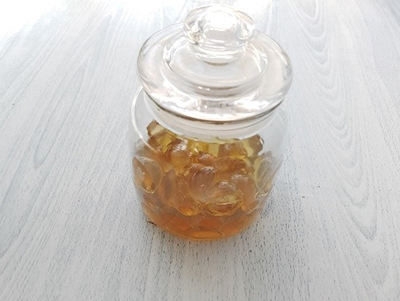 To use: Have some natural sedative gummies before bedtime. The gummies are generally safe for consumption but must also be taken moderately to avoid ill side effects. They have that distinct earthy and herbal taste just like your cup of tea. You can adjust it by adding more sweetener according to your desired taste.
To use: Have some natural sedative gummies before bedtime. The gummies are generally safe for consumption but must also be taken moderately to avoid ill side effects. They have that distinct earthy and herbal taste just like your cup of tea. You can adjust it by adding more sweetener according to your desired taste.
Alternatively, you can add pigmented herbs like hibiscus or saffron to put some color in your gummies.


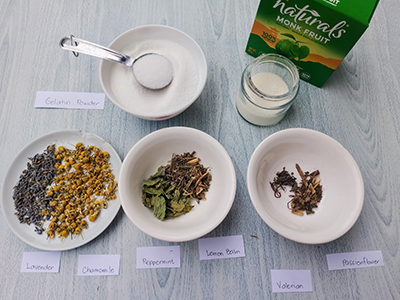
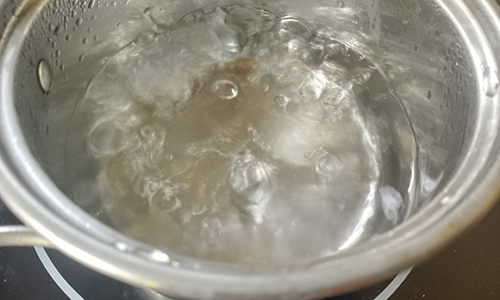
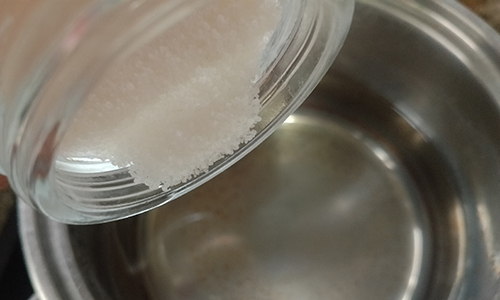
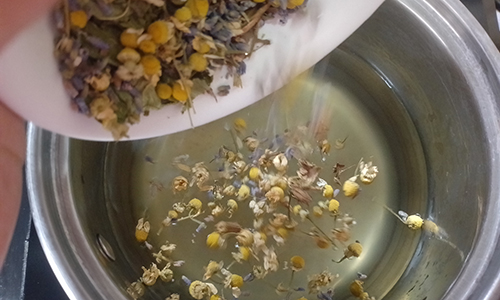
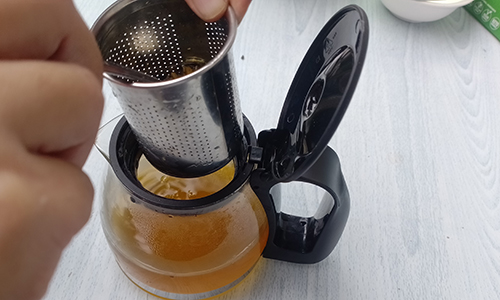
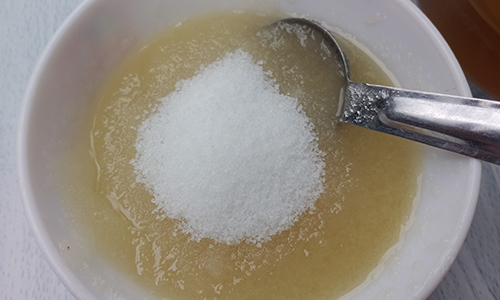
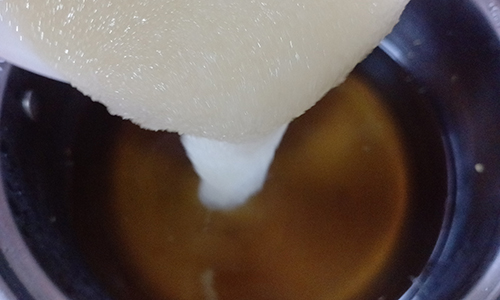
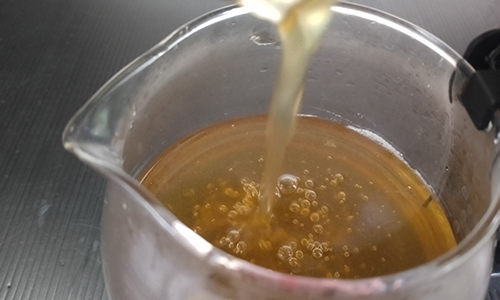
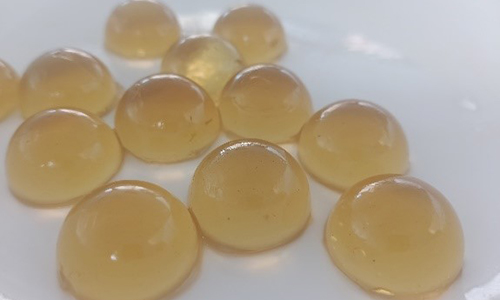
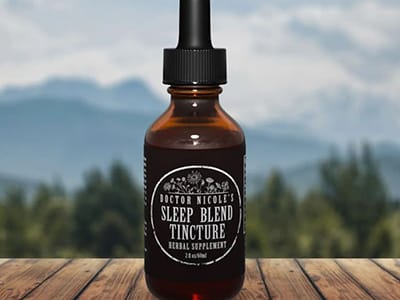
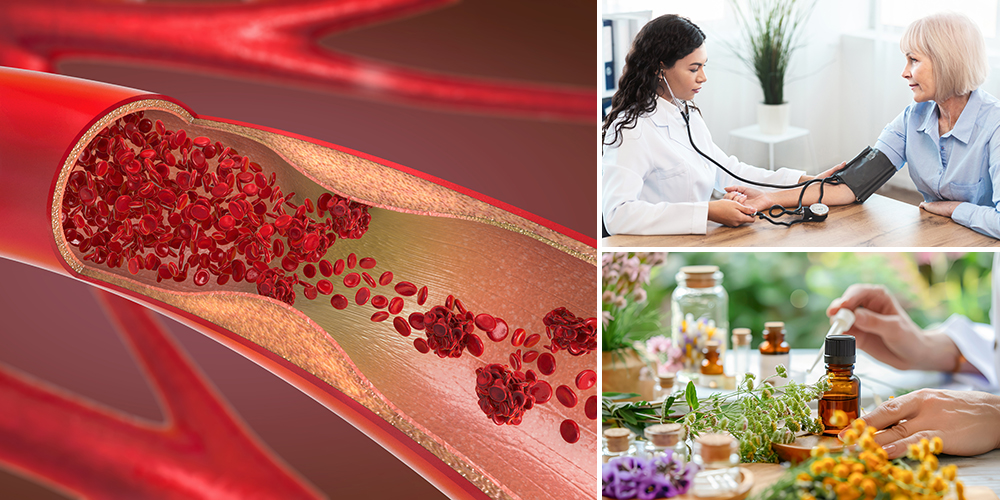
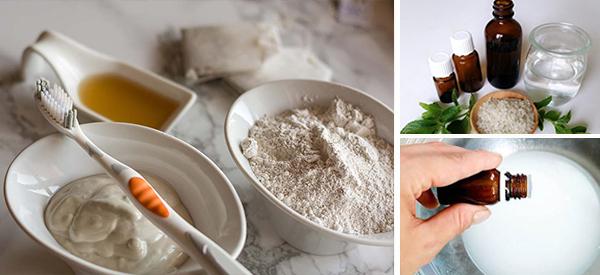
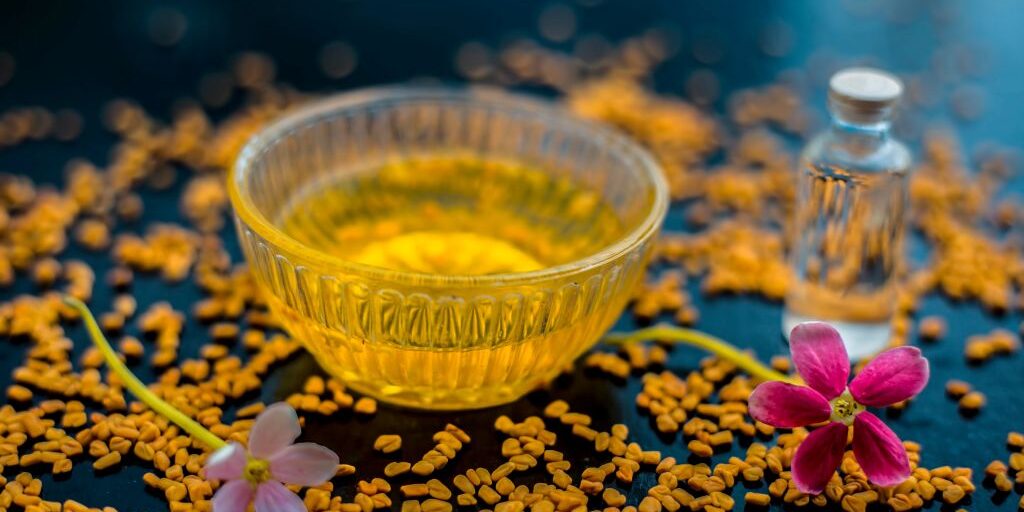
I’m curious… isn’t this a bit overkill? My greenwitch sensei has always told me to optimize the herb(s) in question by not using more than 3 in a mix. I have used blends with more herbs to good effect, I’m just curious if you’ve compared optimizing a mix of the three most potent of those against this mixture
Thank you for your insightful question! It’s true that sometimes less is more when it comes to herbal blends, and many herbalists prefer to use just a few key herbs to avoid potential interactions and to maximize the potency of each ingredient. The recipe provided is meant to offer a wide range of benefits by combining multiple herbs known for their sedative properties. However, you can certainly experiment with using fewer herbs. For instance, a combination of valerian, chamomile, and passionflower might provide a strong and effective sedative mix. It’s all about finding what works best for you personally.
Many Blessings and Good Health!
What is the gelatin molds? How many tsp for each gummy?
What size is the gelatin molds per serving?
Where do you find the gelatin? The only one I can find is the Knox Gelatin that comes in a 1 oz pkg..
Please and thanks 😊
I don’t use gelatin because I’m a vegan what else can I use
Never mind I will use vegetable pectin or
Agar Agar.
Kudzu.
Pectin.
Vegan Jel.
Instant Clear Gel.
Guar Gum.
Xanthan Gum.
Cornstarch.
I was about to suggest Xanthan gum.
I am also concerned about using gelatin. What is the equivalent amount from gelatine to Xanthan gum ?
We have and use Raw Wildcrafted Seamoss! Call REAL HEALTH, PMA 517-319-7749!